are held by women (increased from 19%)
with gender balanced parliaments while the number of countries with severe women’s underrepresentation almost halved
have specific provisions to improve the security and status of women and girls (increased from 22%)
adopted by the General Assembly integrate gender perspectives (increased from 37%)
target gender equality in fragile or conflict-affected situations in 2017–2018, which is an increase from $12.1B in 2011-2012
Global Norms and Standards
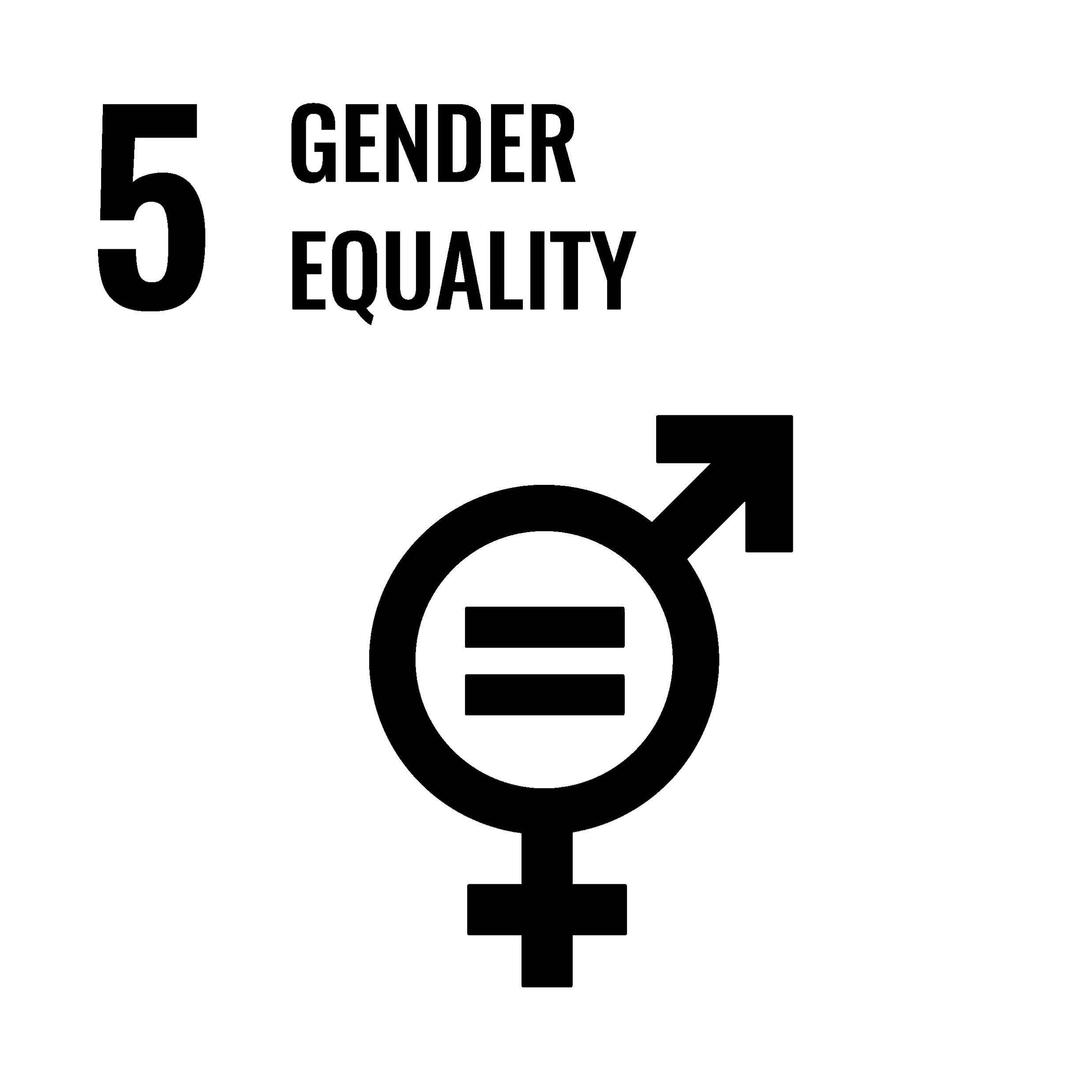
on gender equality and the empowerment of all women and girls, was adopted along with robust gender mainstreaming across the 2030 Agenda
including Rio+20, the Addis Ababa Action Agenda on Financing for Development, and the Paris Agreement strengthened the inclusion of gender equality
bring more attention to women, peace and security
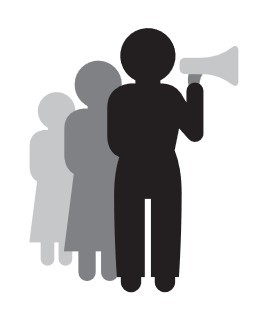
of the Commission on the Status of Women and the participation of nearly 35,000 civil society representatives
Leadership and Governance
adopted or implemented legislated gender quotas or constitutional provisions to increase women’s representation in national parliaments and local governments
supported to strengthen women’s rights
and political candidates enhanced their campaigning and other skills
integrated a gender equality focus
developed and implemented gender-responsive policies, plans and budgets
strengthened national statistical systems and data collection to track gender equality
home to 3B women and girls, have stronger legal protection through over 700 legal reforms, half of which eliminated discriminatory laws
Economic Empowerment
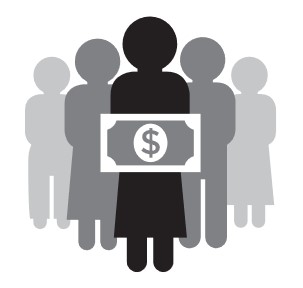
home to 2.6B women and girls, have a stronger legal, regulatory and policy environment on women’s economic empowerment
signed the Women Empowerment Principles, up from 180
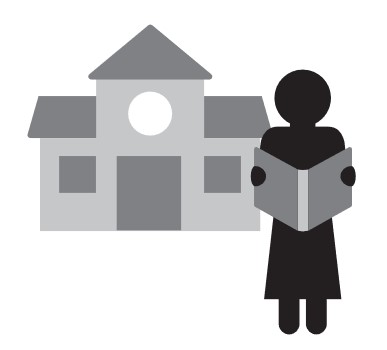
enhanced their skills to participate in the economy, including as entrepreneurs
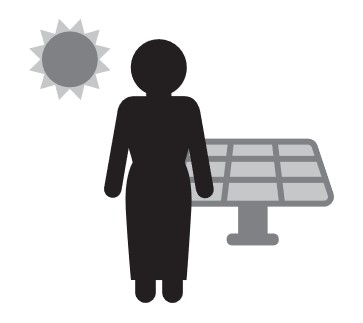
along with nearly 400,000 family members, benefitted from greater access to sustainable livelihoods and climate-resilient technologies and productive resources
Ending Violence Against Women
home to 2.9B women and girls, have strengthened legal and policy frameworks to prevent and respond to violence against women
home to 2.9B women and girls, have improved access to quality support services against violence
and 54.6M people in the last five years were reached through grants from the UN Trust Fund to End Violence Against Women
Women, Peace and Security and Humanitarian Action
had adopted National Action Plans on women, peace and security, up from 19
to UN peacebuilding projects promoting gender equality as a principal objective, thanks an established 15% target
to document sexual and gender-based violence in conflict and crisis settings, including to every UN commission of inquiry
supported through the establishment of the Women’s Peace and Humanitarian Fund, the Elsie Fund, and the WPS Focal Points Network of 89 Member States and regional organizations
on average mention women, peace and security-related issues, up from 15%
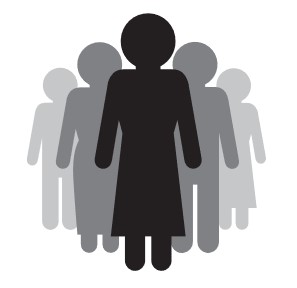
established as well as other women’s mediator networks established in most regions
and networks supported in 30 crisis settings
in humanitarian services benefited from support on livelihoods and protection since 2018
in 42 countries benefitted from gender-responsive disaster risk reduction policies, plans and strategies
UN Coordination
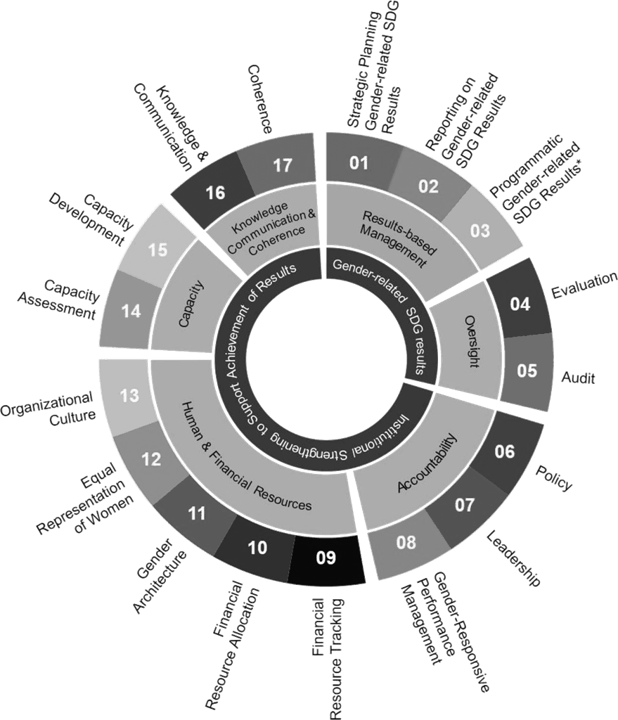
on gender equality and women’s empowerment for the UN system (UN-SWAP) and 2x of UN Country Teams completing a UNCT-SWAP report

Cooperation Frameworks with gender-specific outcome results, up from 47%
tracking resources for gender equality
Partnerships and Communications
and over 270M people, reached through thematic civil society partnerships

by individual men and boys
followers, up from 188,000
